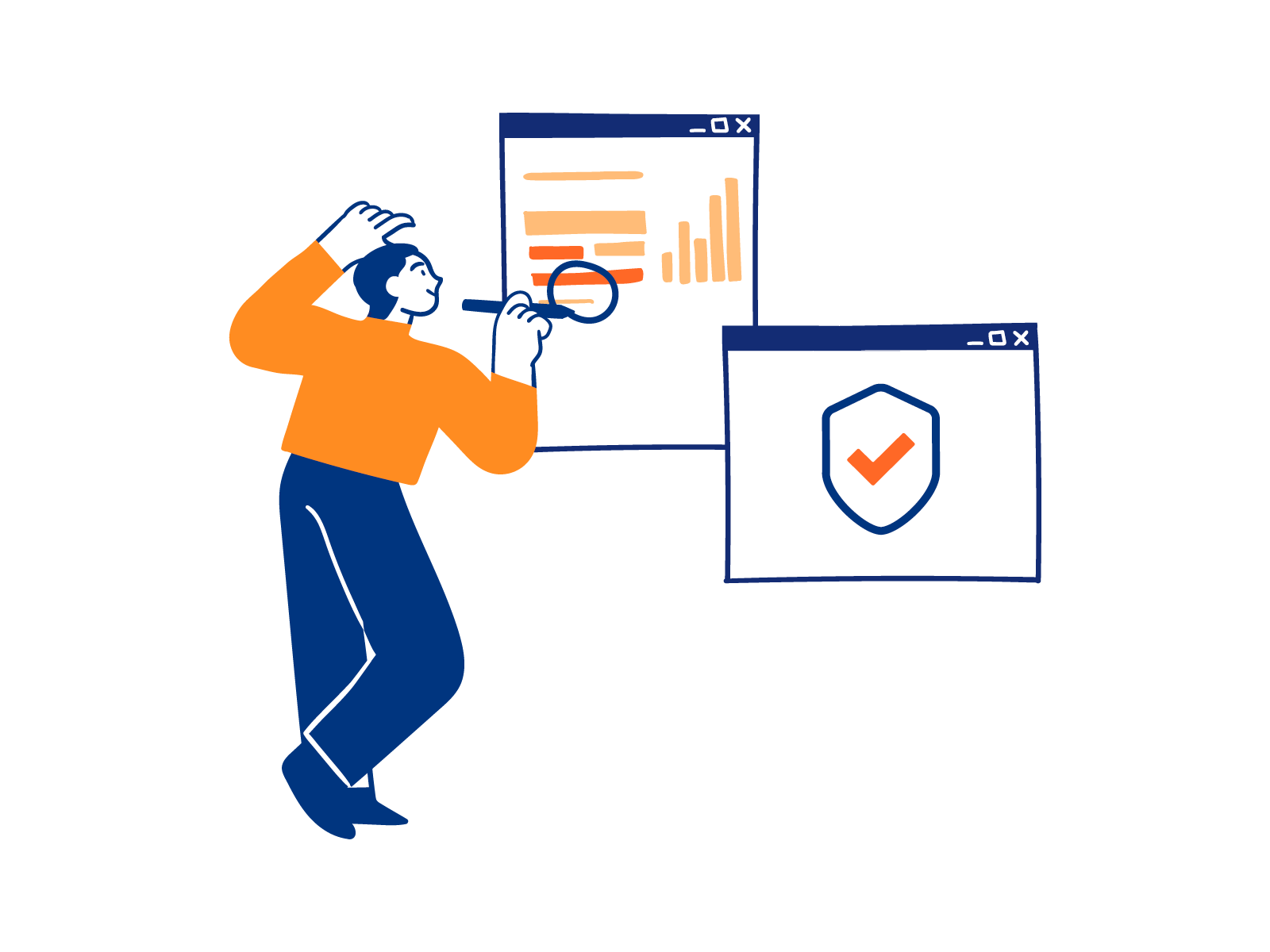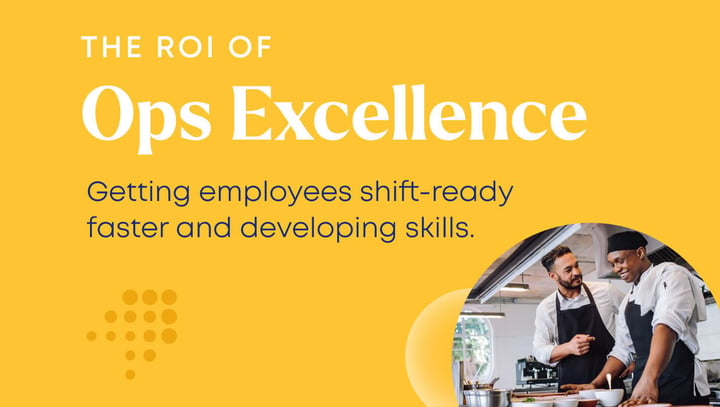- Home
- Crunchtime Blog
- Build or Buy? 5 Considerations for Evaluating Operations Management Software

Build or Buy? 5 Considerations for Evaluating Operations Management Software
An increasing number of multi-unit restaurants are embracing operations management software solutions to simplify processes, improve accuracy, and increase business efficiency. With half or more of operations leaders planning to add or upgrade back-of-house restaurant technology in the next 12-18 months, those businesses failing to do so will be a step behind the competition.
However, choosing whether to build that software in-house or to outsource the process is essential to reap the benefits. Assessing your needs, risks, and costs will inform your decision when weighing up whether building or buying operations management software will be most beneficial for your multi-unit business.
To help you make the best software decision for your multi-unit operation, we've compiled a table with 5 key considerations to compare and contrast whether to build or buy.
| Consideration | BUILD | BUY |
| #1 Cost of Development |
|
|
| #2 Scale + Expertise |
|
|
| #3 Speed of Innovation |
If other internal development priorities arise within the business:
|
|
| #4 Support + Usability |
|
|
| #5 Time- to-Value |
|
|
Building your own operations management software requires an expert team to initiate, implement, and sustain the development of the project. Top design and development talent is in high demand and comes with a hefty price tag. In addition, you need to have a strong grasp of the technologies required as well as the type of expertise needed to ensure you are acquiring the most suitable hires. You must also consider the retention risk: how much would the loss of a senior developer mid-project set you back financially and delay the software rollout?
With a competitive rise in SaaS providers, it is easier than ever for companies to acquire the most suitable operations management software for their needs. This reduces upfront costs and ensures updated features and quality UX. Whether or not you have the technical knowledge and product development experience, working with a partner who can provide expert guidance and ensure you get the most out of the designated platform can be a huge asset to your business and your bottom line.
With Crunchtime's operations management platform, you can hit the ground running but at a pace that suits you, whether by department, function, or location. Watch the video below to learn more about our platform:
Share this post
Related

Driving Ops Excellence: 5 Lessons from Burger King


